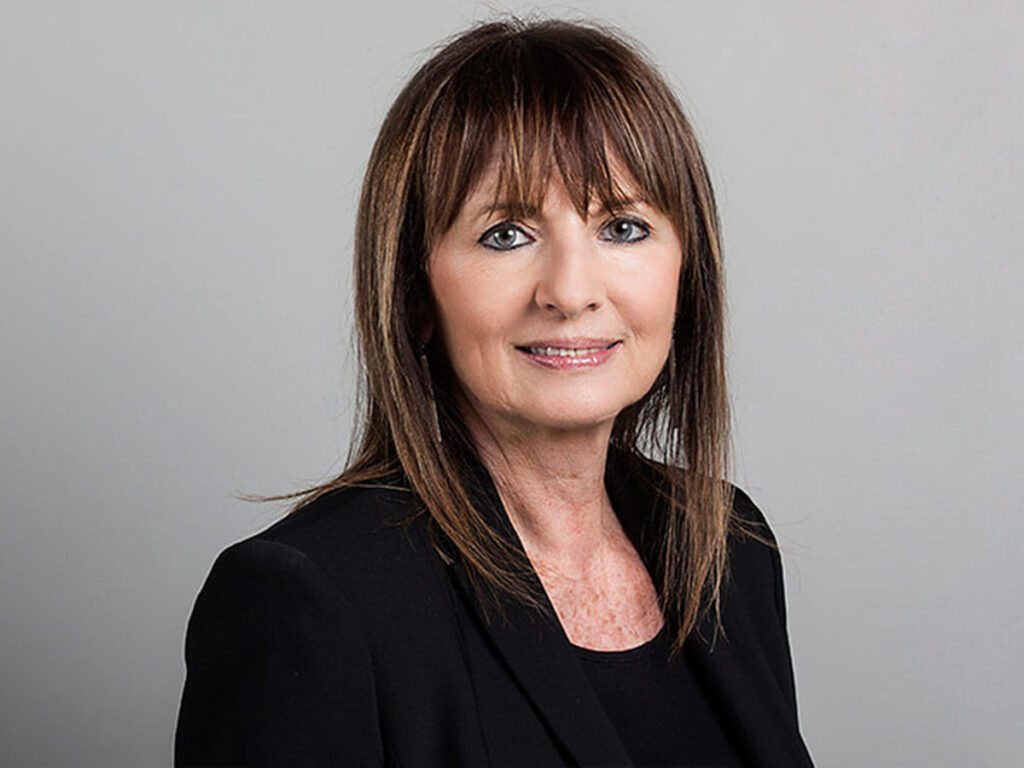VOICES FROM THE ECCC (Extraordinary Chambers in the Court of Cambodia)/THE KHMER ROUGE TRIBUNAL.
- Could you tell us your name, your position at the ECCC, and a brief summary of your responsibilities?
- What challenges did you, and the defence counsel more generally, face at the ECCC?
- Were there areas of the court’s makeup, procedure, rules, or practices that you found frustrating, inefficient, or requiring improvement? Can you offer a personal anecdote on this?
- Can you provide any opinion on areas where you found the court’s business practices or structure to be surprisingly efficient, successful, or supportive of your role? In other words, what part of the court (process, function, or entity) seemed to work well in supporting the defense?
- Did you observe best practices at the ECCC that might be helpful for future international tribunals? What about lessons learned or recommendations for future courts? Any anecdotes to illustrate these?
- Did you feel that the prosecution and defence were treated equally at the ECCC?
- While representing Ieng Thirith, you advocated that charges against her be dropped because her mental state (dementia) made her unfit to stand trial. The Trial Chamber ultimately agreed, and upon her death in 2015, ended all proceedings against her. Many have said that the amount of time that passed between the events of the Khmer Rouge era and the beginning of the trials made the trial process challenging. Tell us about this from your perspective. What was it like to represent someone that you felt was unable to contribute to their own defence? (And how were the ECCC’s mental health services?)
- You previously defended Ferdinand Nahimana at the International Criminal Tribunal for Rwanda. Were there significant differences between the ICTR and the ECCC that affected how you were able to defend your clients?
- What do you see to be significant challenges for future courts handling mass atrocities based on your work at the ECCC?
- Can you recall any experiences at the ECCC that changed your perspective, opinion, or practice?
- What do you think the major impacts of the ECCC will be for Cambodian society? Both today and twenty years from now?
(July 11, 2019)

